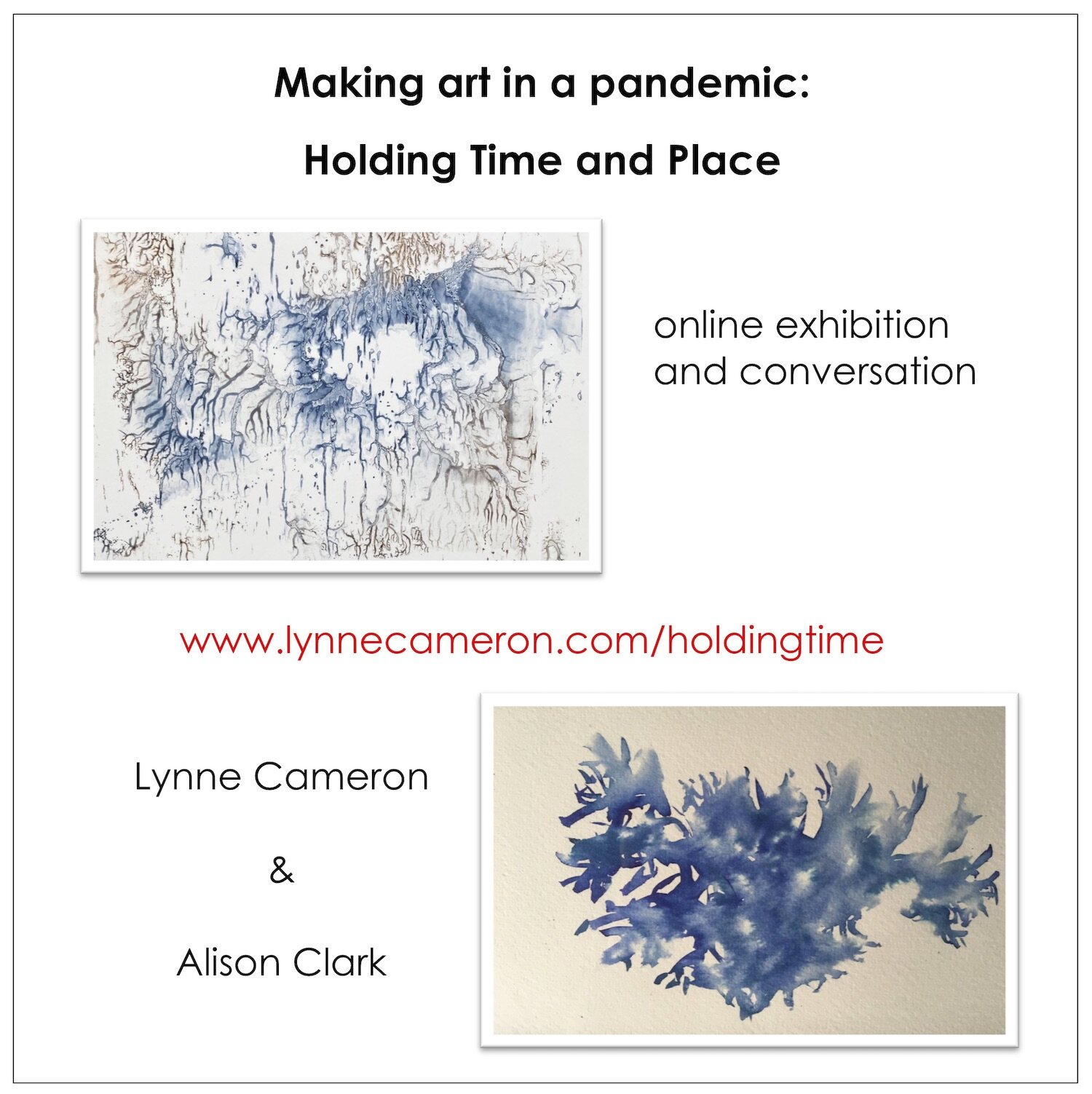From "should" to "could"
Prioritizing how we use our time can be key to living a more poetic life. To thrive, your poetic or creative passion needs your undivided attention and your best energy. If you’re busy being too ‘nice’, if you’ve taken on too many obligations, if too many people are looking to you to serve them in some way, then maybe questioning your ‘shoulds’ will help.
First write down a list of ‘shoulds’ that you are carrying, as in, "I should go out for a walk. I should write that blog post. I should clean the house/make some soup for dinner". These ‘shoulds’ often crowd into our mind space and start nagging if we dare to sit down and look out of the window, or lie down for a nap, or think about picking up a paintbrush. They come out of our inner critical voice and the idea that being busy is good. Listen to them and just write them all down. That’s the first step in taking away their power to control your day.
Sometimes we have convinced ourselves that a task is obligatory, taking it on as a burden. There may be more choice, and more time, than we imagine
Now spend some time with each ‘should’ (or shouldn’t) on your list. Why are you resisting each one? There may be a whole range of reasons –
you really want to continue what you are doing – writing your journal, daydreaming
it’s difficult
you want the expanse of the day/week to stay open and full of possibility, rather than being booked up in advance
it hurts
it’s boring, although it wasn’t when you started
Bring your values into play to decide which of your ‘shoulds’ has a good enough reason to be dropped, and whether dropping it won’t harm anyone. Some may need a long term plan to sort out and remove from your life. Some unquestionably remain ‘shoulds’ - Wearing a mask is uncomfortable but you should.
Some ‘shoulds’ may drop away altogether. Others may become more energetic choices. - Try changing “should” to “could”. And feel the difference. “Could” lets the wind ruffle through and offers possibilities:
you could trust yourself to get it done at some point in the next week without fixing a time
you could do it later
you could get it done now and out of the way
you could group 3 or 4 tasks together and do them in an hour after dinner
you could ask for help from someone
you could delegate
Sometimes we have convinced ourselves that a task is obligatory, taking it on as a burden. There may be more choice, and more time, than we imagine.
And you are welcome to pop over and visit our new online exhibition of paintings on my other website.

